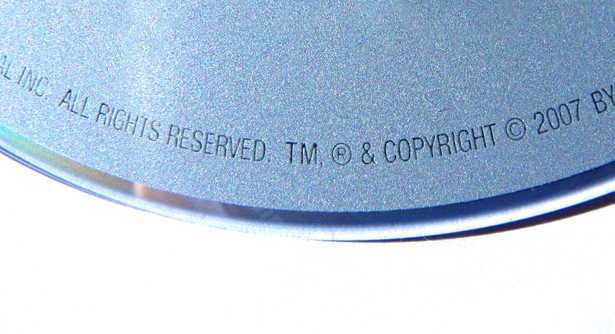The US Supreme Court – including the newest associate justice, Brett Kavanaugh – is scheduled to decide only one copyright case this term.
In Fourth Estate Public Benefit Corp. v. Wall-Street.com, the issue to be decided is whether a plaintiff mist have a valid copyright registration before filing a copyright infringement suit, or only needs a pending copyright application.
Fourth Estate is a news organization that licenses articles to other websites.
Wall-Street.com obtained licenses for such articles. The license requires licensees to remove any previously licensed content from their own websites when cancelling their accounts. However, Wall-Street.com continued to publish such articles even after cancellation.
When Fourth Estate sued to enforce its copyright, a US District Court in Florida dismissed the case on the grounds that the Copyright Act requires an actual copyright registration.
The 11th Circuit affirmed.
17 USCS § 411(a) of the Copyright Act states:
no civil action for infringement of the copyright in any United States work shall be instituted until preregistration or registration of the copyright claim has been made in accordance with this title. In any case, however, where the deposit, application, and fee required for registration have been delivered to the Copyright Office in proper form and registration has been refused, the applicant is entitled to institute a civil action for infringement if notice thereof, with a copy of the complaint, is served on the Register of Copyrights. The Register may, at his or her option, become a party to the action with respect to the issue of registrability of the copyright claim by entering an appearance within sixty days after such service, but the Register’s failure to become a party shall not deprive the court of jurisdiction to determine that issue.
The federal circuits have been split on whether the statute means that “registration” occurs after the Copyright Office acts on an application, or simply when the application is filed.
The 10th and 11th Circuits require either an issued copyright or a rejection.
The 5th and 9th Circuits hold that an application is sufficient.
For those in a hurry, in jurisdictions where an issued copyright is required, expedited handling is available for $800, with a decision in less than two weeks. (This is in addition to the regular application fee of $55.)
If the Supreme Court decides that an application is enough to file an infringement suit, that would be cost-saving good news for individuals and small businesses — especially where multiple acts of infringement are alleged.


